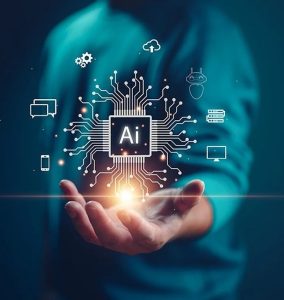Cloning has become one of the most groundbreaking and controversial topics in modern science. It is a landmark achievement because it represents our ability to replicate complex organisms and manipulate life in ways that were once the domain of science fiction. The concept of cloning isn’t new—nature has been doing it for millions of years—but human-led cloning pushes the boundaries of what is possible in biology, genetics, and medicine. Let’s explore why cloning is so significant and the ways it has changed our understanding of life itself.
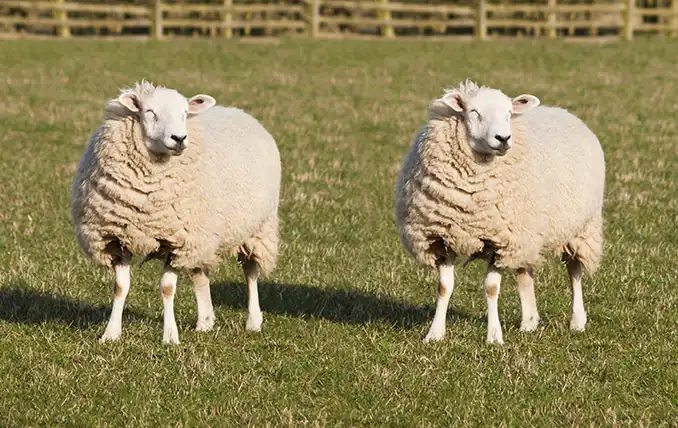
What Is Cloning?
Cloning is the process of creating an exact genetic copy of an organism. The word “clone” comes from the Greek word klon, meaning “twig,” referring to a small part of something that can grow into a whole. In cloning, a copy is made from a cell, organism, or molecule that carries the same DNA as the original.

There are different types of cloning:
- Gene cloning: Copying specific segments of DNA.
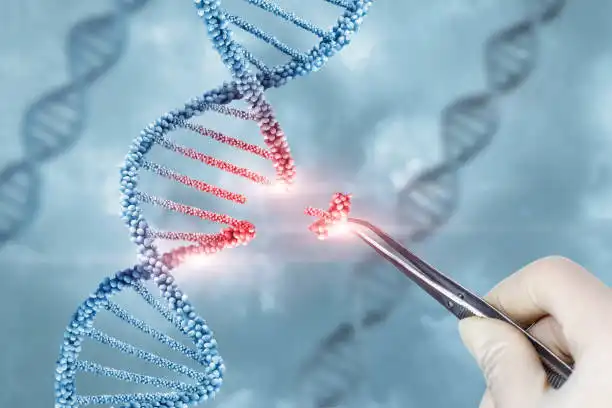
- Reproductive cloning: Creating a whole new organism from an existing one.

- Therapeutic cloning: Producing tissues or cells for medical treatment without creating an entire organism.

The most famous cloning method is Somatic Cell Nuclear Transfer (SCNT), which was used in the 1996 cloning of Dolly the sheep, the first mammal cloned from an adult cell. SCNT involves transferring the nucleus of a somatic cell (a non-reproductive cell) into an egg cell that has had its nucleus removed. This creates an embryo that can develop into a clone of the organism from which the somatic cell came.
The First Major Breakthrough: Dolly the Sheep
In 1996, scientists at the Roslin Institute in Scotland made headlines when they successfully cloned Dolly, a sheep. Dolly was the first mammal ever cloned from an adult somatic cell. This breakthrough proved that cloning could be done from adult cells, not just from embryos, and it showed that the DNA in a cell could be “reprogrammed” to start a new life.
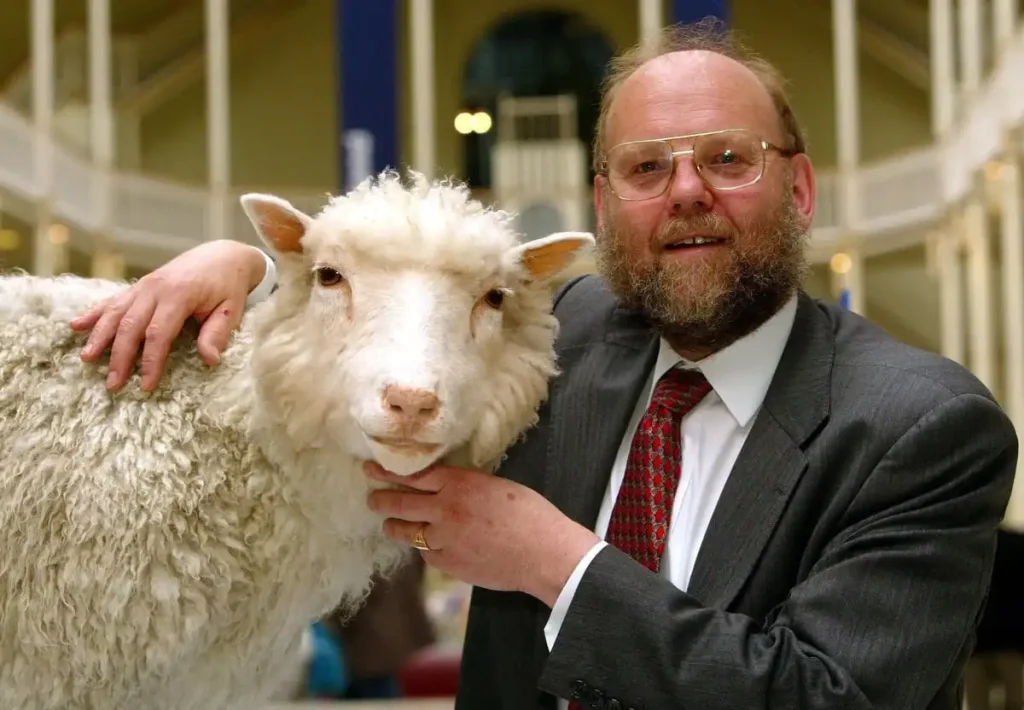
Dolly lived for six years, but her existence raised many ethical and scientific questions. What are the consequences of cloning animals? Could humans be cloned too? While the cloning of Dolly was celebrated as a scientific triumph, it also sparked debates about the ethics of cloning, especially human cloning.
How Does Cloning Work?
In reproductive cloning, SCNT is the most common method. Here’s how it works:
- A somatic cell (like a skin or muscle cell) is taken from the organism that is to be cloned.
- The nucleus of this cell, containing the organism’s DNA, is extracted.
- An egg cell from another organism has its nucleus removed.
- The somatic cell nucleus is inserted into the egg cell, which is then stimulated to divide, creating an embryo.
- The embryo is implanted into a surrogate mother, where it grows until birth.
This process can produce an organism genetically identical to the one that provided the somatic cell.
Why Is Cloning Important?
Cloning has vast implications for science, medicine, and agriculture. Some of the key areas where cloning is considered revolutionary include:
1. Medical Advancements
Therapeutic cloning can be used to create stem cells, which are like blank slates that can develop into any type of cell in the body. These cells have the potential to treat diseases such as Parkinson’s, diabetes, and heart disease by regenerating damaged tissues.
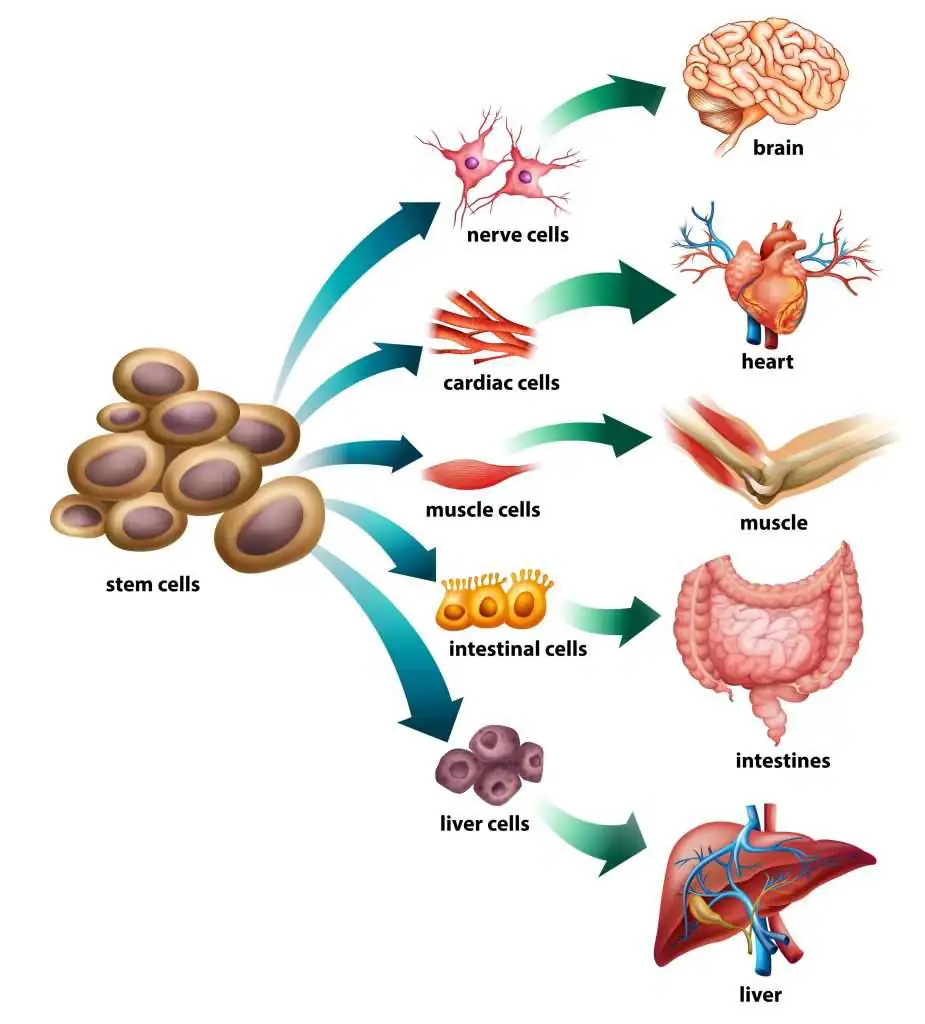
Scientists are also exploring cloning for organ regeneration. Imagine growing a new heart or liver for someone who needs a transplant, using their own cells so the body doesn’t reject the organ. This could save countless lives.
2. Endangered Species Conservation
Cloning could help bring back endangered species or even extinct ones. For example, scientists are working to clone animals like the woolly mammoth and certain species of rhinoceros. While this idea is still in its early stages, cloning offers hope for preserving biodiversity.
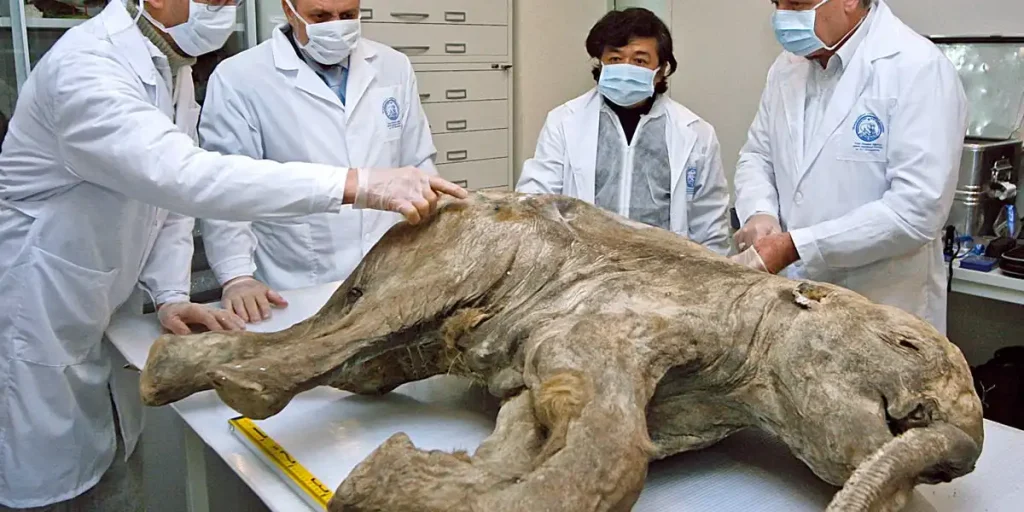
3. Agriculture and Livestock
Cloning in agriculture allows farmers to produce animals with desirable traits, such as cows that produce more milk or crops that are more resistant to disease. It also ensures the consistency of high-quality products. However, cloning animals for food is a contentious issue, as it raises ethical concerns about animal welfare.
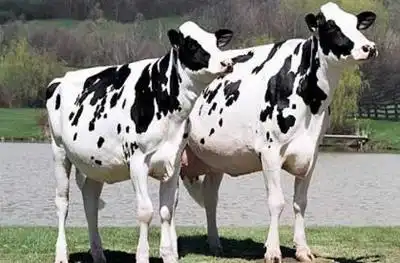
Ethical Concerns Surrounding Cloning
While cloning offers tremendous benefits, it also comes with serious ethical dilemmas. The possibility of cloning humans is perhaps the most controversial. Human cloning raises questions about identity, the meaning of individuality, and the potential for cloning to be misused. Would clones have the same rights as non-clones? Could they be used for exploitation, such as creating “designer” babies or armies of cloned soldiers?

Another ethical concern is the welfare of cloned animals. Cloned animals, like Dolly, often suffer from health issues. Dolly, for instance, developed arthritis and other problems at an early age, which sparked concerns about the long-term effects of cloning on animals’ health.

Many religious and philosophical groups oppose cloning, arguing that it interferes with nature and the natural order of life. They believe that cloning should not be used to “play God” by creating life artificially.

The Future of Cloning
The science of cloning is still evolving. Scientists continue improving the process to make it more efficient and less harmful to the cloned organisms. At the same time, ethical discussions will play an important role in deciding how far we should go with cloning technologies.

Looking ahead, cloning might help cure diseases, save endangered species, and revolutionise medicine. However, the debate over its ethical implications ensures that cloning will remain a topic of great discussion for years to come.
Conclusion
Cloning stands as one of the most significant achievements in the history of science because it pushes the boundaries of what we can do with life itself. From the famous cloning of Dolly the sheep to the potential to cure diseases and save species, cloning has opened doors to new possibilities. Yet, with these advances come ethical questions that challenge how we view life and our responsibility as creators of new organisms.
As cloning technology continues to develop, we must balance the benefits with the ethical considerations, ensuring that cloning is used responsibly and for the greater good.
For more interesting articles, please visit www.kidzherald.com




